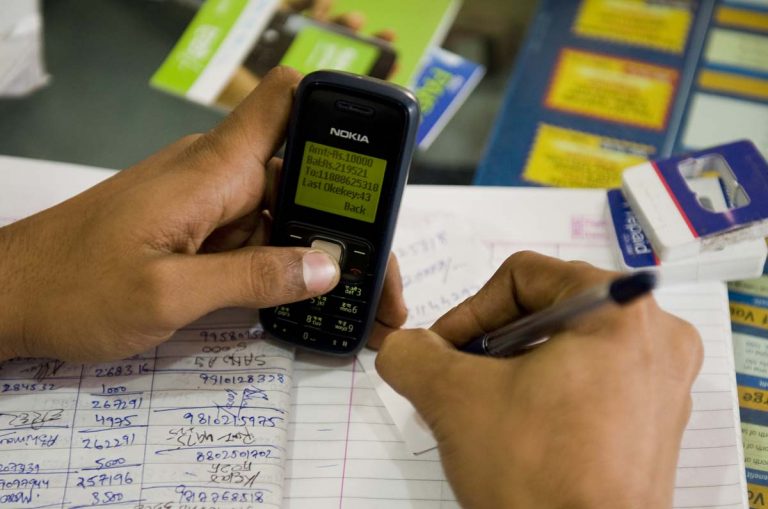
Financial inclusion drive is a process of bringing people under the financial net or scope in order to ensure access to affordable and timely financial products and services is achieved.
When it is achieved to a large extent, it usually helps in financial planning and budgeting for the citizenry. Nigeria, a country with over 80 million people living in poverty and about 38 million people financially excluded, has taken up this drive passionately, but unfortunately not much has been achieved.
There are some facts that we need to accept in our financial inclusion drive as a country. These are:
Register for Tekedia Mini-MBA edition 18 (Sep 15 – Dec 6, 2025) today for early bird discounts. Do annual for access to Blucera.com.
Tekedia AI in Business Masterclass opens registrations.
Join Tekedia Capital Syndicate and co-invest in great global startups.
Register for Tekedia AI Lab: From Technical Design to Deployment.
- The financial inclusion drive must be led by Government Policies before it can have a noticeable impact. What this means is that only the government will keep the eyes on financial inclusion goals; other organizations or firms will give priorities to the business aspect of financial inclusion.
- Financial inclusion drive is a continuous activity. We can only reduce the rate of exclusion when we have the pointers such as population growth, rates of illiteracy, poverty rates, and age gap under control.
We have seen a yearly increase in the volume of financial transactions with no noticeable reduction in financial exclusion rates. It means that a high volume of transactions is not directly proportional to financial inclusion rates.
So many Fintechs companies had sprung up in the last four years to join the banks in this drive with the expectation that it will have a direct impact on financial inclusion rates but to no avail.
This does not mean that these financial inclusion drivers have failed, rather it further points to us that there are lots of businesses and individuals that are not under the financial network which may depict that our financial exclusion rate is far more than the records we have.
We must quit the speculative approach to adopt a deliberate approach to financial inclusion drive. We cannot continue to expect that banks and Fintechs alone will do the needful with regards to financial inclusion without first considering its profitability.
I have said on different occasions that the financial inclusion drive is more lucrative than it presently portrays. No one wants to take the risk to unlock the treasury but everyone is waiting to see who goes first. This is understandable as no bank/Fintech can force a customer to remain a customer even if it opens the first account/wallet for such a customer.
This is where the government’s policy is expected to lead the way and unlock this treasury for financial inclusion drivers.
The Government must be deliberate enough to put up the following policies in line with financial inclusion drives to ensure that all the above-mentioned pointers are under control:
- Child Registration Smart Card, tied to a bank account/wallet with initial balance as incentives and with annual incentive until the child becomes 15 – 18 years. At that time the Card will be transferred to the child and biometrics of the child will be taken to update the records. The registration centers should be placed in all our Health facilities, Primary and Secondary schools. No one would abandon such an Account/wallet especially when it has regular incentives from the government. The policy should also state that every death whether infant or adult must be reported to an appropriate authority for proper identification.
- Cashless payments to the vulnerable Policy. We had the opportunities to bring so many people under the financial net at the peak of the Covid-19 pandemic in the year 2020 when several palliatives were been shared to the vulnerable (IDPs, Physically challenged, Old people and e.t.c) but I doubt we utilized them appropriately as cash payments were seen being made.
All Government Agencies, NGOs, and Politicians should also be made to comply with such policy. All payments should go through an account/wallet created for such people.
With the above mentioned policies in place, banks and fintechs will daily bring genuine numbers of the potential excluded and already-excluded population under the financial net while they continue in the business-focused financial inclusion drives.
If we are deliberate and consistent in this path, in the next few years we would see a significant decrease in the numbers of the financially excluded population.



